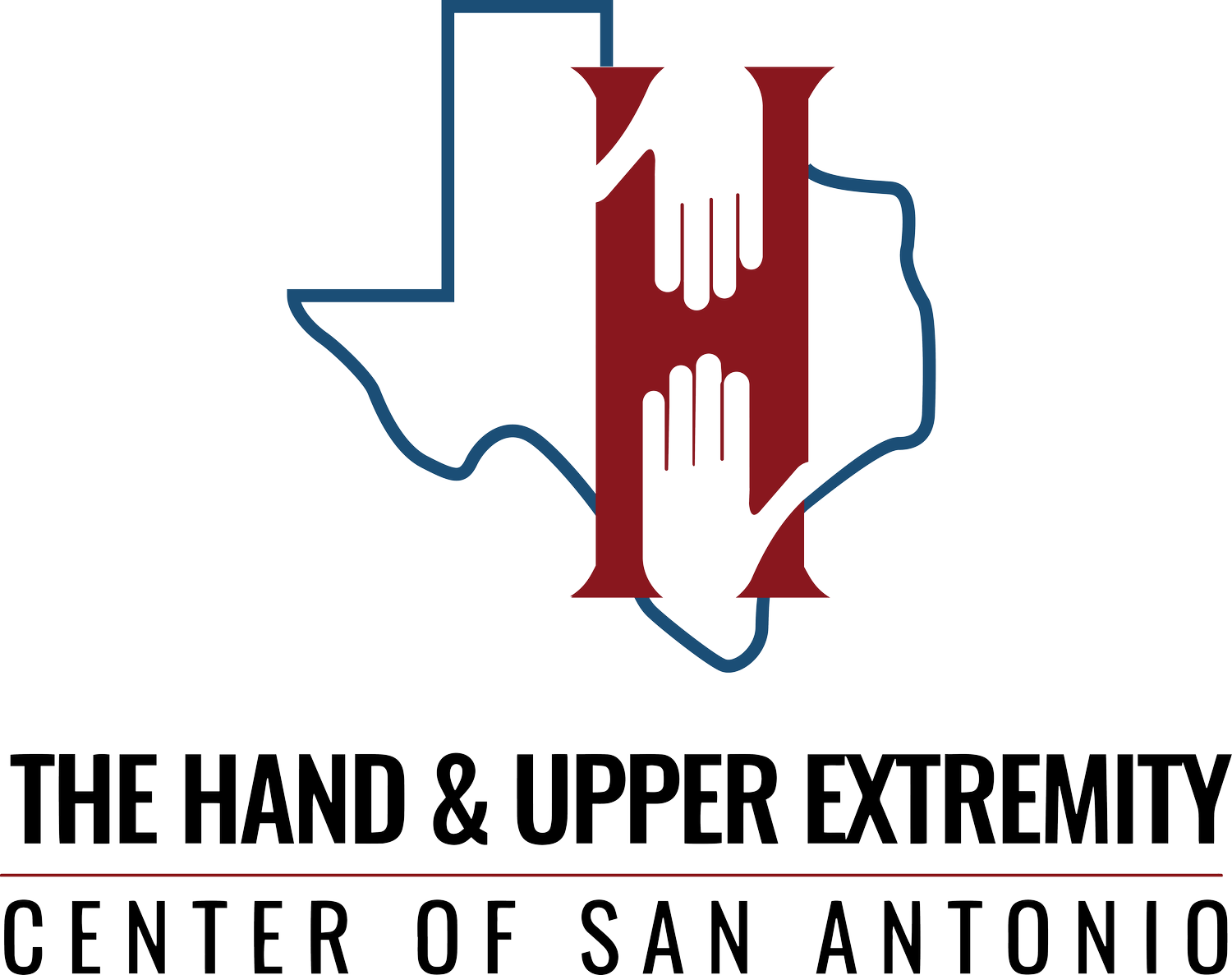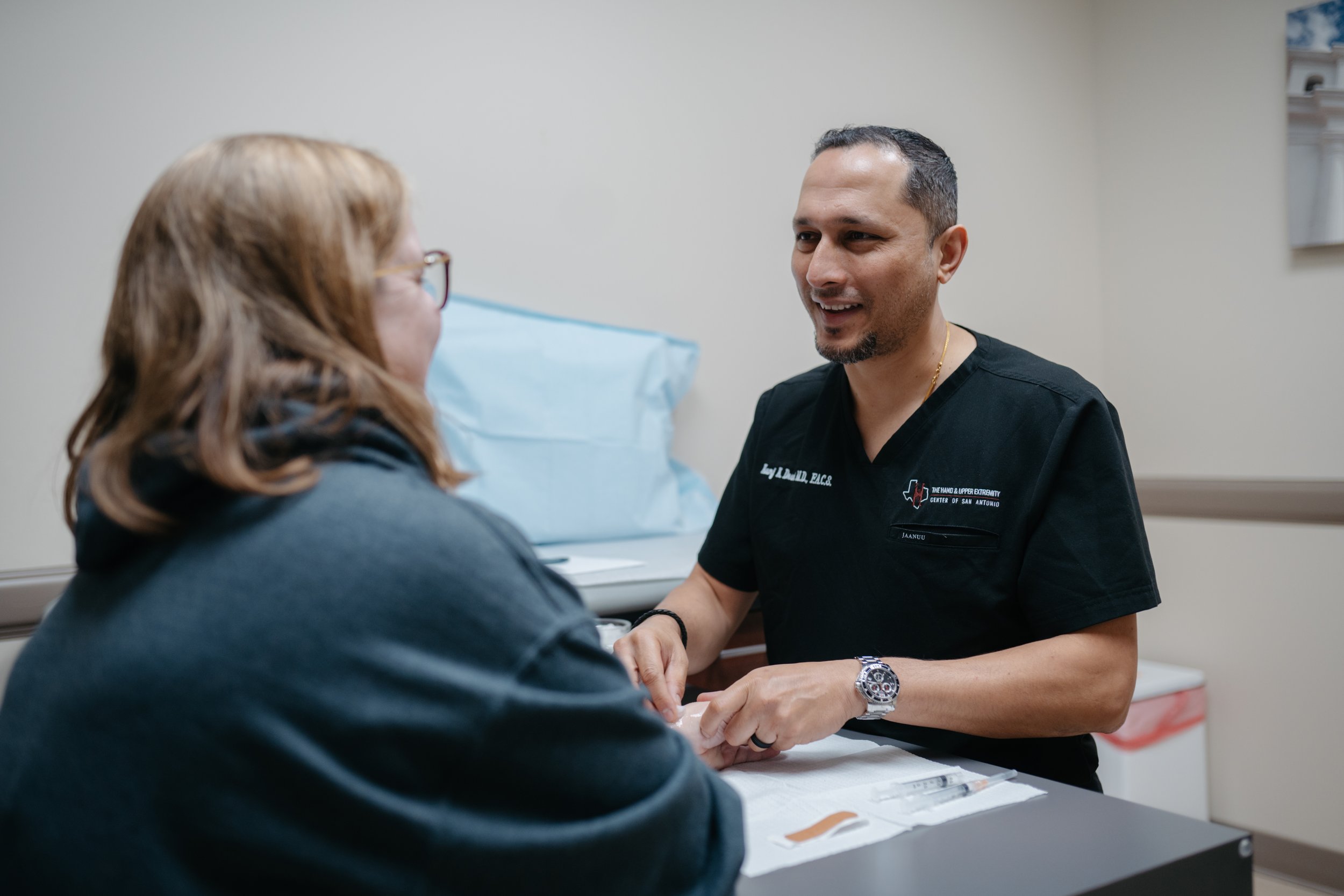Shoulder Trauma
What is shoulder trauma? Shoulder trauma refers to injuries to the shoulder joint or surrounding structures caused by a traumatic event such as a, fall, motor vehicle accident, sports-related incident, work-related strain, or even a physical altercation.
This can encompass a wide range of injuries, including fractures, dislocations, and damage to the muscles, tendons, ligaments, or bones in the shoulder area.
Shoulder Anatomy
The shoulder is a complex and highly mobile joint consisting of several key components.
Three Shoulder Bones:
The scapula (shoulder blade)
The clavicle (collarbone)
The humerus (arm bone)
Three Shoulder Joints:
The glenohumeral joint
The acromioclavicular joint
The sternoclavicular joint
The scapula forms the back part of the shoulder and provides attachment points for muscles that control shoulder movement. These muscles, collectively known as the rotator cuff, stabilize the joint and allow for various ranges of motion. Additionally, a group of ligaments and tendons, such as the glenohumeral ligaments and the coracoclavicular ligament, help to hold the shoulder together and provide stability. The shoulder also includes a small, fluid-filled sac called the bursa, which reduces friction between the tendons and bones during movement. Altogether, this intricate combination of bones, muscles, ligaments, tendons, and bursae allows the shoulder to perform its wide array of functions, from lifting and reaching to rotating and throwing.
Altogether, this intricate combination of bones, muscles, ligaments, tendons, and bursae allows the shoulder to perform its wide array of functions, from lifting and reaching to rotating and throwing.
Common Shoulder Injuries
The shoulder is susceptible to a variety of traumatic injuries due to its high mobility and the stresses it endures during daily activities and sports. Some of the most common shoulder trauma injuries include:
Rotator Cuff Tears
Dislocations
Fractures
AC Joint Injuries
Bursitis
Labral Tears
Tendonitis
Frozen Shoulder (Adhesive Capsulitis)
Nerve Injuries
Impingement Syndrome
The course of treatment for shoulder trauma is contingent on the type and severity of the injury. To ensure appropriate care, it's advisable to consult with a shoulder specialist after any injury. This expertise will help determine the most effective treatment plan, which may range from conservative measures like rest and therapy to surgical interventions in more severe cases. Guidance from a specialist will significantly impact the outcome of shoulder injury recovery, ensuring a tailored approach to rehabilitation and minimizing long-term complications.




